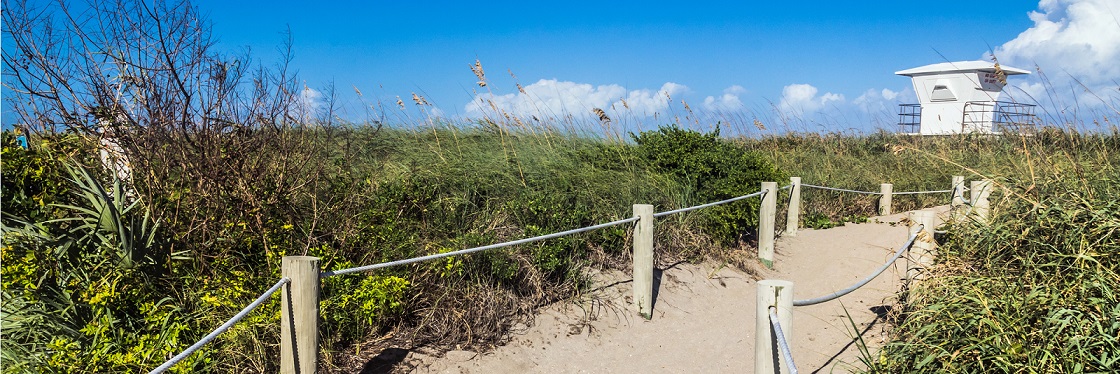
Fort Pierce Drug and Alcohol Addiction Treatment Center
The Best Rehab for Alcohol & Drugs for Fort Pierce Residents
Drug and alcohol addiction rehabilitation requires that evidence-based treatments be offered in a clinical setting so that positive, lasting changes can be made in the addict’s life. Long-term sobriety is the ultimate goal of rehab, but the treatment that one receives isn’t always the same. While many rehabs claim to be the best treatment facility, few are able to back their claims.
Legacy Healing Center in South Florida has received the prestigious Gold Seal of Approval from the non-profit organization that reviews all healthcare facilities and programs in the United States, The Joint Commission. We received this award for our excellence in providing clinical treatments that address specific drug and alcohol addictions. The healthcare services we provide, from our residential to our outpatient services, are of the highest quality possible using the latest methods that addiction science has uncovered.
The guiding principles that allow a rehab facility to provide the best and most effective treatments are outline in the Principals of Effective Treatment, according to the National Institute on Drug Abuse. These principals cover all of the aspect of treatment that can bring about the significant change that an addict needs in their life, thinking, and behavior.
Some of the most notable facets of these principals are that treatment needs to be tailormade to each addict that is seeking treatment because individual needs change, treatment should also examine and assist with other aspect of an addict’s life including their career and psychological needs, treatment programs should last for an adequate amount of time, and behavioral therapy is essential to help build the skills and incentives needed to defeat substance abuse.
At Legacy Healing Center’s rehab, we have created treatment plans that adhere to all of the principals that contribute to effective treatment, and we go even further than that by providing additional holistic healing methods, exercise, and proper nutrition among other things to ensure that our patients receive the best care that is possible for an addiction to drugs or alcohol.
